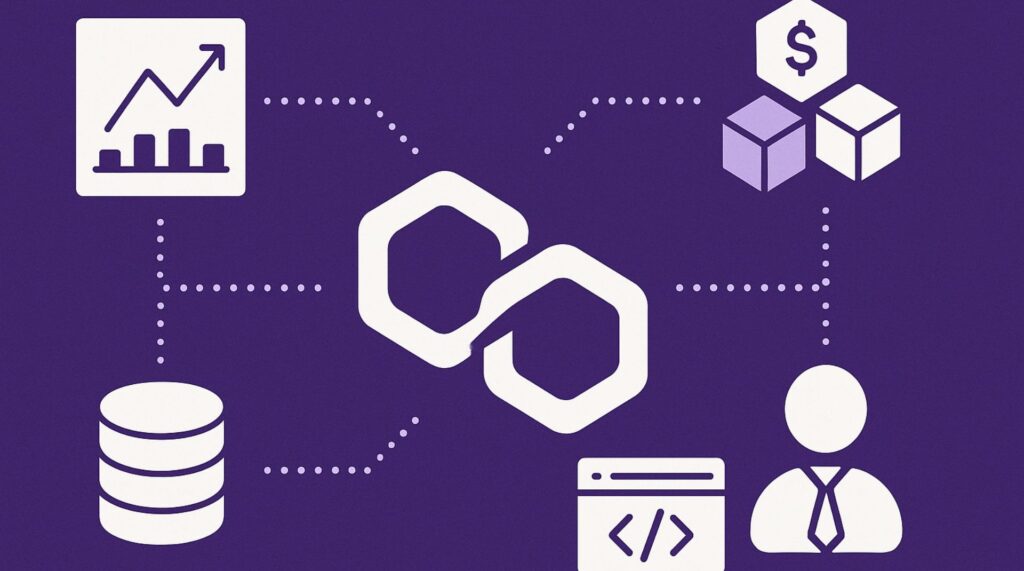The Polygon team fixed a delay bug that affected consensus finalization, causing slow confirmations and impacting RPC services across the network. A hard fork and validator coordination on September 10, 2025 applied the fix, restoring finality within minutes and stabilizing dApps and infrastructure providers.
Incident and impact
The Polygon Proof-of-Stake network experienced a temporary delay in block finalization, with confirmations taking 10 to 15 minutes, according to an internal report from the Polygon Foundation. A bug affecting Bor nodes and also Erigon caused access difficulties for RPC services, which hindered some dApps’ interaction with the chain.
Validators and RPC providers resynchronized to the last finalized block, 76,273,070, to restore operations, as noted by the Polygon Foundation. The incident affected dApps and infrastructure providers until normal confirmation times resumed.
Fix and restoration
The incident began on the morning of September 10, 2025 and prompted a coordinated response from Polygon engineers. The organization implemented a hard fork the same day, and checkpoint finalization became functional in approximately 15 minutes after the intervention, restoring the network’s finality guarantees.
Restarting the affected nodes proved effective for many validators and RPC providers, accelerating service normalization. Sandeep Nailwal, Polygon co-founder, reassured users and operators that “the core chain remained operational” during the incident, while acknowledging that the user experience was compromised until the fix due to RPC synchronization issues, even though the execution layer continued producing blocks.

Upgrade context and roadmap
This bug occurred amid an upgrade phase. Heimdall v2, activated in July, aims to reduce finality latency to about 5 seconds from the previous 1 to 2 minutes. The Polygon roadmap still targets 5,000 TPS by the end of 2025, with higher goals—100,000 TPS through initiatives like Gigagas alongside AggLayer—highlighting the complexity of coordinating multiple network components during upgrades.
Implications and conclusion
The quick resolution mitigated an operational risk, but the episode exposed weaknesses in backend infrastructure coordination. Notable implications include confirmation delays of 10 to 15 minutes with reference block 76,273,070, a hard fork and node restarts that restored checkpoints in about 15 minutes, and impacts to RPC providers and dApps due to issues affecting Bor and also Erigon. It also underscores the importance of coordinated testing between consensus and execution layers before deploying changes that affect clients and external services.
The Polygon Foundation confirmed the full resumption of operations after the September 10, 2025 hard fork, with checkpoints functioning again around 15 minutes after the fix was applied. Relatedly, Polygon continues advancing its fast-finality and scaling roadmap.


